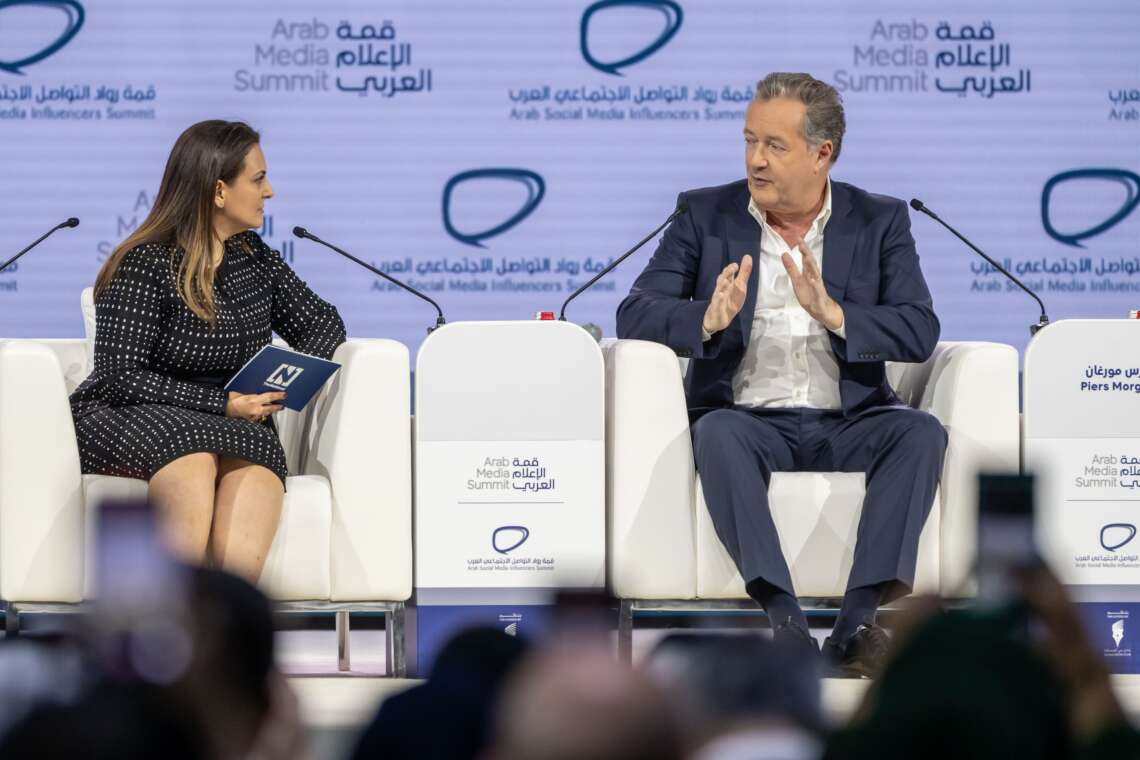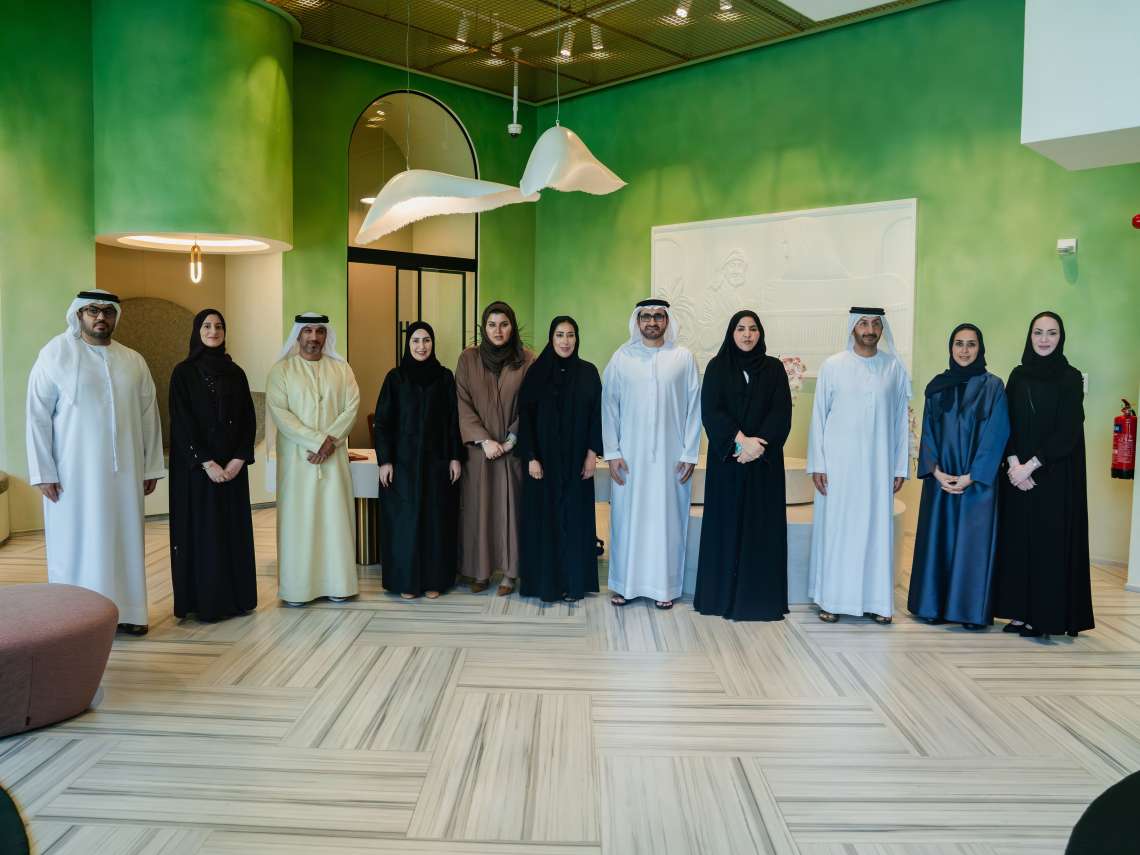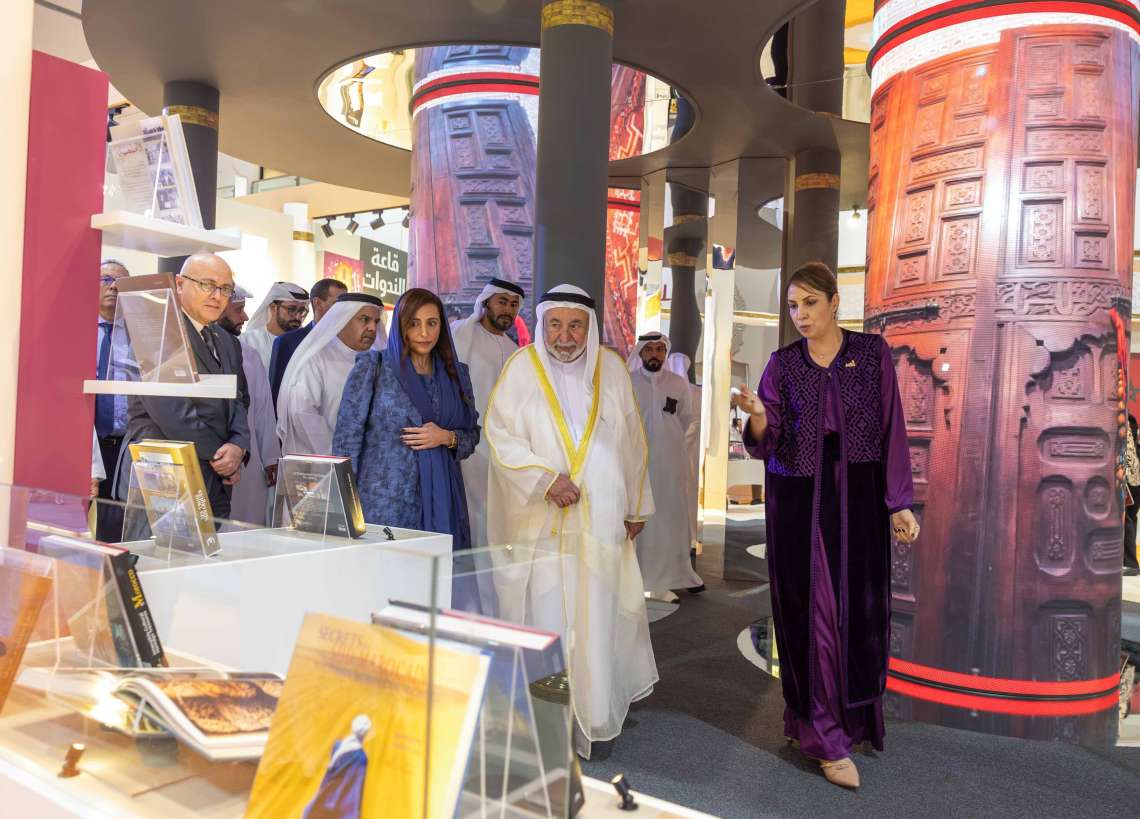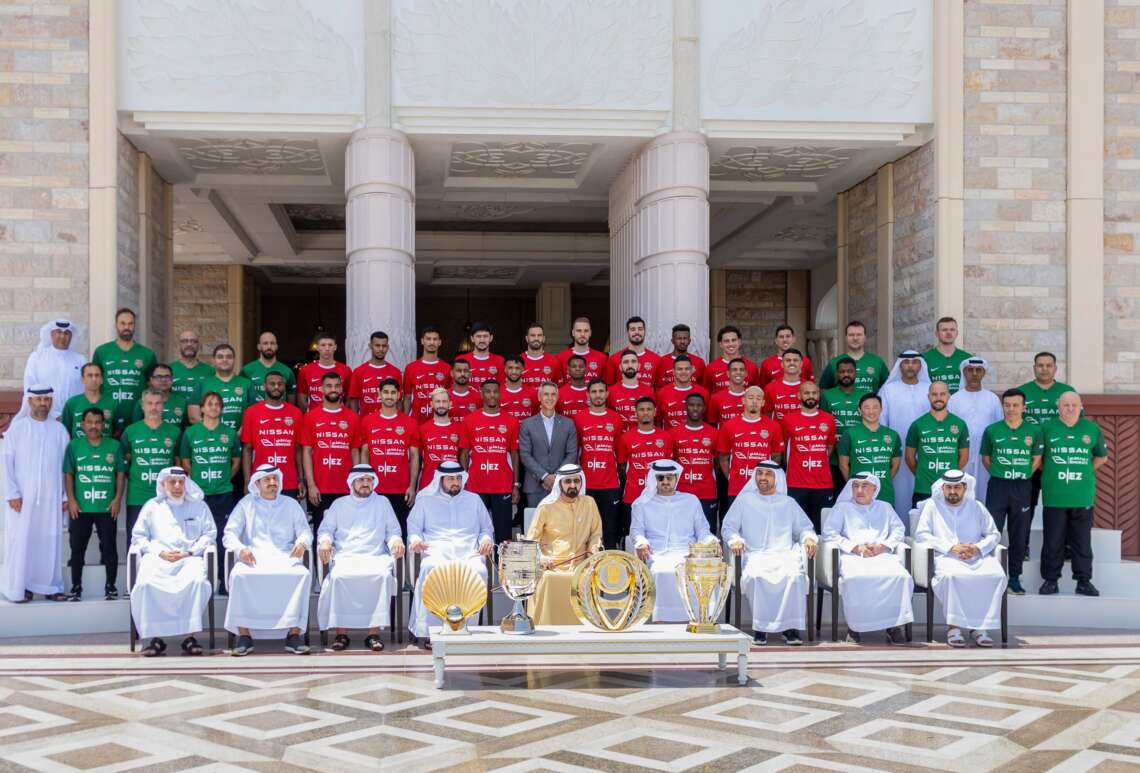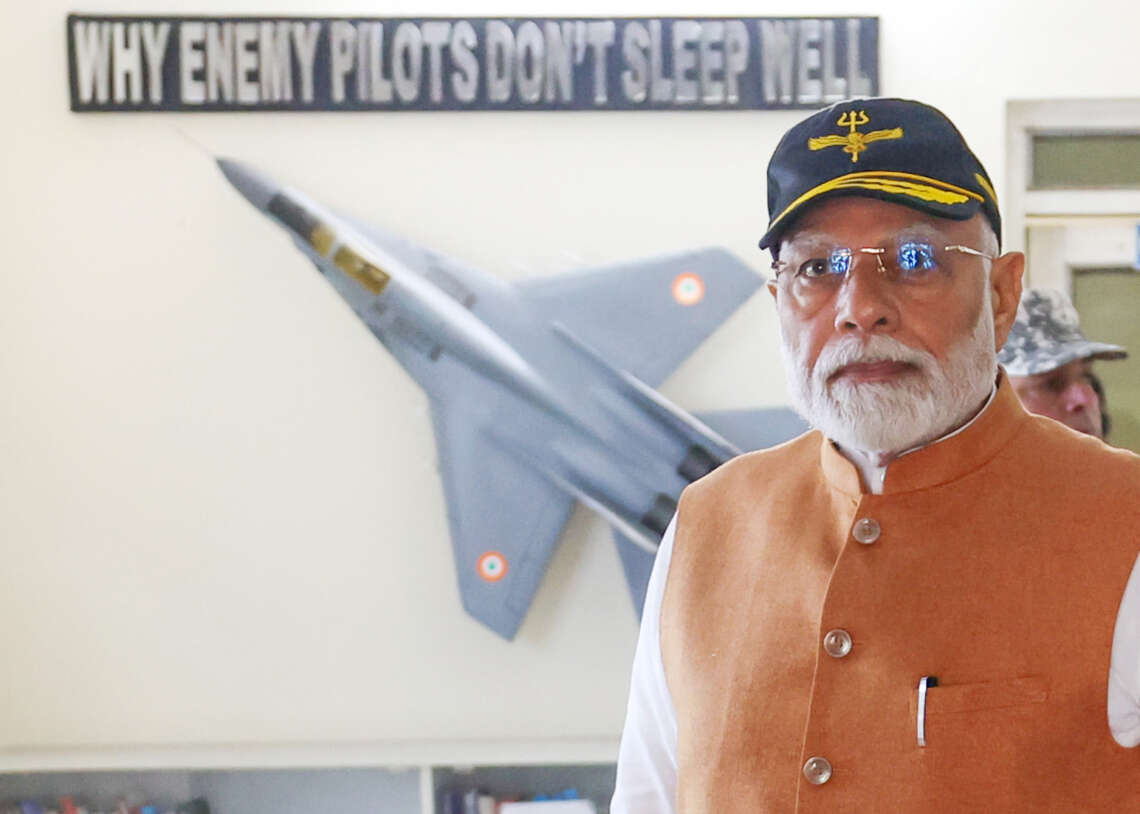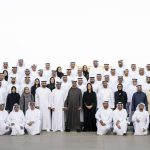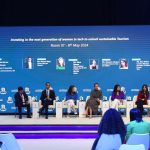Piers Morgan has hailed Dubai’s transformation as an example of what visionary leadership can achieve.
British broadcaster Piers Morgan has praised the extraordinary ambition and vision of His Highness Sheikh Mohammed bin Rashid Al Maktoum, Vice President and Prime Minister of the UAE and Ruler of Dubai, calling on the world to adopt a similarly bold mindset to overcome its current crises.
Speaking at the Arab Media Summit in Dubai, organised by the Dubai Press Club, Morgan captivated the audience with his reflections on truth, ambition, and the rapidly changing media landscape. In a candid and wide-ranging session with Mina Al-Oraibi, Editor-in-Chief of The National, he hailed Dubai’s transformation as an example of what visionary leadership can achieve.
“Dubai’s evolution is contagious,” Morgan declared. He recounted a pivotal moment in the construction of the Burj Khalifa when the tower was only 40% complete. “Sheikh Mohammed said, ‘Make it the tallest building in the world.’ That’s real ambition. That’s the kind of thinking the rest of the world desperately needs—bigger, better, higher in everything we do.”
Morgan’s admiration for Dubai set the tone for a discussion that also tackled the challenges and responsibilities of modern journalism. Known for his forthright style and controversial takes, the broadcaster was unapologetic. “I love controversy,” he admitted. “It makes people pay attention—but I never stir controversy without reason. I stand for common sense, and that’s why many people resonate with what I say.”
Addressing his coverage of the Gaza conflict and the social media storm surrounding his interview with Egyptian satirist Bassem Youssef, Morgan emphasised that his job is to pursue “The Truth”—not partisan spin. “I’m not here to take sides,” he said. “It’s not about your truth or my truth—it’s The Truth that matters. That’s the anchor of good journalism.”
The conversation also delved into the dangerous spread of misinformation and the fine line between free speech and fake news. Citing a UK case where a woman was jailed for a now-deleted social media post, Morgan warned against creeping censorship and the erosion of press freedom. “She apologised, but she’s serving two years. That’s baffling. Where do we draw the line?”
Yet, Morgan was equally critical of social media’s role in distorting public discourse. “Only 20% of people are on X, and of those, it’s 8% making the noise. That’s not reality. We must not confuse social media uproar with public consensus.”
He urged the media industry to embrace new formats and platforms, especially to reach younger audiences. “Legacy media is stuck in the dark ages,” he said bluntly. “Young people aren’t reading traditional newspapers. They’re on TikTok, YouTube, and X. That’s where the conversation is now.”
While Morgan still enjoys flipping through printed papers, he acknowledged their diminishing relevance in the digital age. “Let everyone be a journalist if they want,” he said, “but trained professionals must build credibility. In the age of AI and instant virality, credibility is everything.”
Morgan’s call for authenticity and facts resonated strongly with the Summit’s theme. “Free speech must be defended, but facts are sacred. Agree on the facts first—then argue your opinions. That’s how journalism should work.”
Mina Al-Oraibi closed the session by stressing the enduring value of responsible journalism. She noted that in a world overwhelmed by misinformation and polarisation, journalists have a duty to inform, not inflame.
Morgan concurred. “In a world full of noise, truth still matters,” he said. “And ambition—real ambition—like Sheikh Mohammed’s, can reshape the world.”
The Arab Media Summit concluded with a clear message: in a rapidly evolving world, the media must be bolder, truer, and more attuned to the ambitions of societies aiming to lead, not follow.


